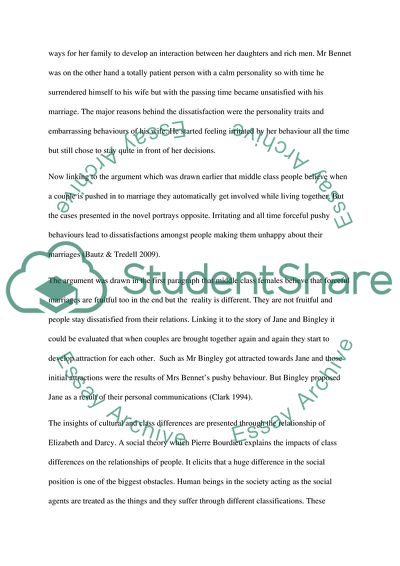Cite this document
(The Insights of Cultural and Class Differences in Sense and Sensibilit Literature review, n.d.)
The Insights of Cultural and Class Differences in Sense and Sensibilit Literature review. https://studentshare.org/sociology/1832625-analyse-how-the-narrators-perspective-shapes-or-mis-shapes-our-perceptions-in-two-novels-from-this-course
The Insights of Cultural and Class Differences in Sense and Sensibilit Literature review. https://studentshare.org/sociology/1832625-analyse-how-the-narrators-perspective-shapes-or-mis-shapes-our-perceptions-in-two-novels-from-this-course
(The Insights of Cultural and Class Differences in Sense and Sensibilit Literature Review)
The Insights of Cultural and Class Differences in Sense and Sensibilit Literature Review. https://studentshare.org/sociology/1832625-analyse-how-the-narrators-perspective-shapes-or-mis-shapes-our-perceptions-in-two-novels-from-this-course.
The Insights of Cultural and Class Differences in Sense and Sensibilit Literature Review. https://studentshare.org/sociology/1832625-analyse-how-the-narrators-perspective-shapes-or-mis-shapes-our-perceptions-in-two-novels-from-this-course.
“The Insights of Cultural and Class Differences in Sense and Sensibilit Literature Review”. https://studentshare.org/sociology/1832625-analyse-how-the-narrators-perspective-shapes-or-mis-shapes-our-perceptions-in-two-novels-from-this-course.


